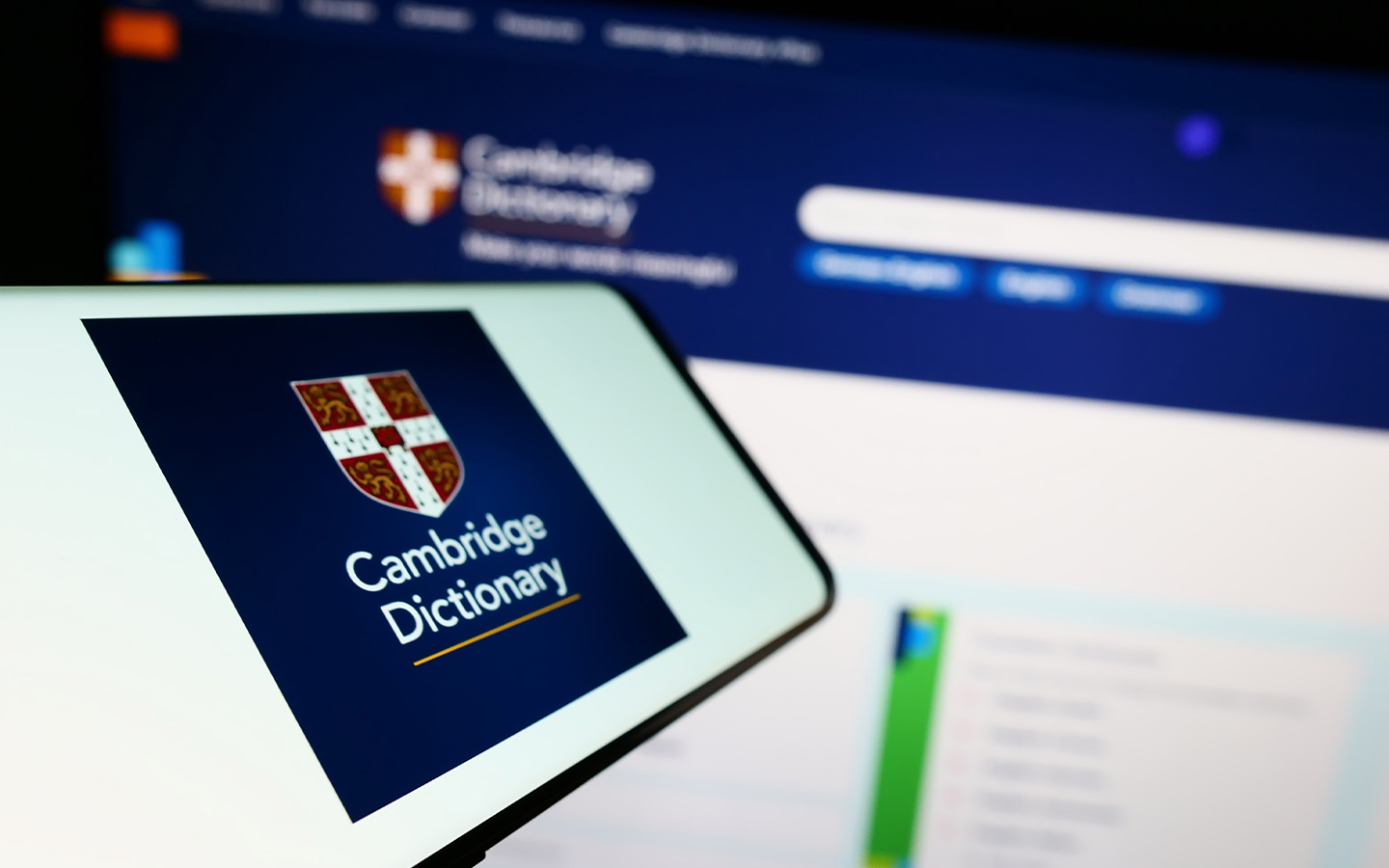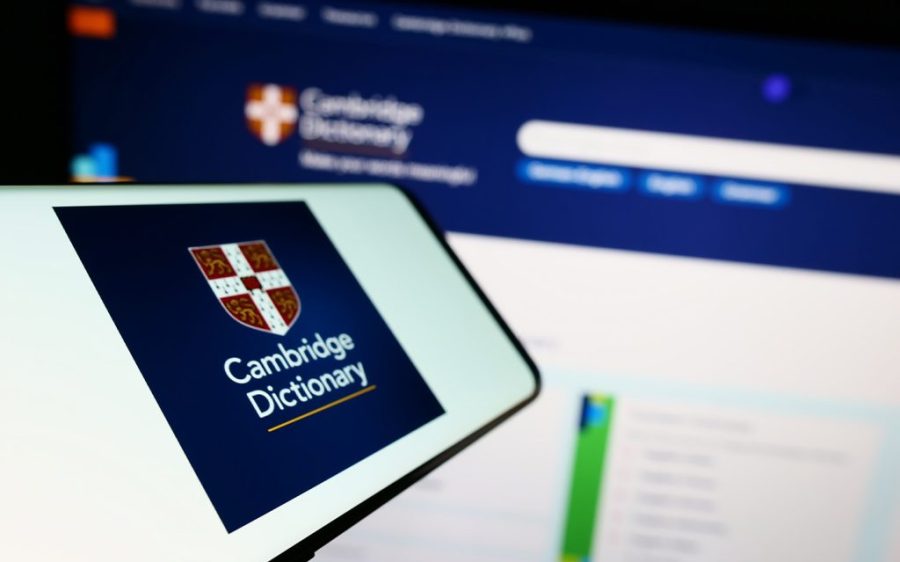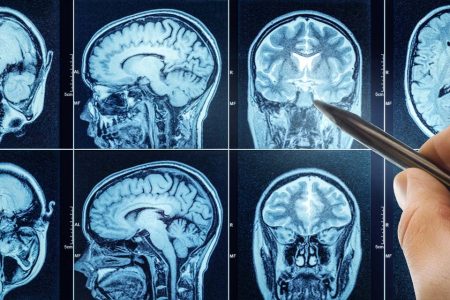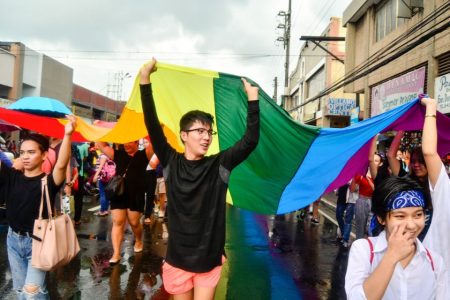Cambridge Dictionary crowned ‘parasocial’ its 2025 Word of the Year, highlighting the one-sided relationships defining today’s digital culture.
The term was coined in 1956 by University of Chicago sociologists Donald Horton and Richard Wohl to describe how television viewers formed “para-social” relationships with TV personalities. Chief Editor Colin McIntosh told the BBC the word “was confined to the academic sphere for quite a long time” before social media pushed it into popular language.
Dictionary searches spiked multiple times this year. In June, YouTube streamer IShowSpeed blocked a fan who called herself his “number 1 parasocial”. Taylor Swift’s August engagement to Travis Kelce triggered another surge as media dissected fan reactions, with posts declaring “I’m not being parasocial about it” before being “parasocial for 10 minutes straight”.
[See more: Your ChatGPT conversation could have ended up in Google search]
AI chatbots intensified interest in the term. Experts warn that anthropomorphised AI like ChatGPT and Grok encourage parasocial relationships similar to those with celebrities, fostering trust and intimacy with sometimes catastrophic results.
The word “captures the zeitgeist of 2025”, Cambridge noted, much like previous winners including hallucinate (2023), quarantine (2020) and populism (2017).
To qualify for Word of the Year, words must already be in the Cambridge Dictionary. This year saw 6,000 new additions including ‘skibidi’, ‘broligarchy’ and ‘delulu’ – believing in something not real, a feature not uncommon in parasocial relationships.






